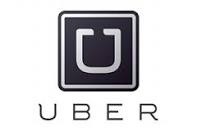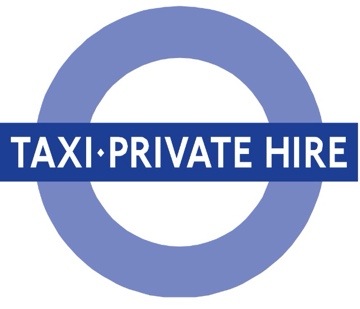EU states have made huge strides in transport liberalisation over recent decades, especially in areas such as the air industry. But one sector that has remained stubbornly resistant to change in many of the continent’s towns and cities has been the licensed taxi lobby.
Across Europe, governments and town halls have tried on many occasions over the years to break up licensed taxi unions. The constant complaint of politicians and the public is that taxi drivers in many cities are organised in cartels that use tight monopolies to impose high fares on customers.
To keep drivers busy and well remunerated, these cartels strictly control the number of taxis that get a licence, imposing long waiting times on customers. The former French president Nicolas Sarkozy said in 2008 that “Paris is the only city in the world where it is hard to find a taxi”. Many European leaders – including his successor – can say the same today.
Governments in France, Italy and Greece, among others, have tried to undermine these cartels by expanding the number of licences on offer or by giving greater opportunities for private drivers to ply their trade as is the case in London. But the licensed drivers have successfully fought back, blockading roads and calling strikes.
Now, however, the cartels face a much bigger threat in the form of app-enabled taxi services. Increasingly popular apps run by companies such as Uber, a San Francisco based start-up, link private chauffeurs with mobile phone customers within minutes. Uber has been particularly prominent, raising $258m last year from a group of investors led by Google Ventures.
These taxi apps are unsettling licensed drivers not just in Europe but the US. Under pressure from the licensed taxi unions, regulators have come up with some perverse responses to the new phenomenon of “e-hailing”. This week a Brussels court issued an order banning Uber, stating that Uber drivers will be fined €10,000 if they are caught carrying private passengers.
Reining in these apps in this way is completely absurd. Internet-based technologies are revolutionising industries and shifting employment patterns across the world. Why should taxi drivers be exempt? Neelie Kroes, the EU digital commissioner, described the Brussels court’s decision as “crazy” and “outrageous”. She was right to do so.
The views of the taxi lobbyists cannot be completely dismissed. Licensed taxi drivers in many cities have paid large sums of money to acquire their permits, often through auction. In Paris, drivers pay more than €200,000 to acquire one of the limited number of state taxi licences. In Florence, the cost of permits was recently put at €300,000. New York yellow cab medallions have been sold at auction for close to $1m. Many drivers view these licences as an asset that will guarantee their pension. Having made that investment, they will fight hard against any attempt to devalue it.
At the same time, city regulators will be wary of allowing a taxi free-for-all. A completely unlicensed taxi market has very low costs of entry. If too many drivers enter this market, urban congestion will result. Arguments about the safety of an unregulated market also have some validity.
Still, “e-hailing” is bedding in and the cartels will have to respond. Licensed drivers appeal to some as a service that is more secure and regulated. But one thing they could do is learn some lessons from the taxi-app business. Hailo, a London-based app company, now has 60 per cent of the city’s black cab drivers on its books. It has neatly fused licensed taxis with new technology.
Ultimately, however, licensed taxis will only survive if they go further. There need to be more permits, lower fares and faster pickups. If the taxi cartels fail to change, they will be “apped” to death.
Source: FT


